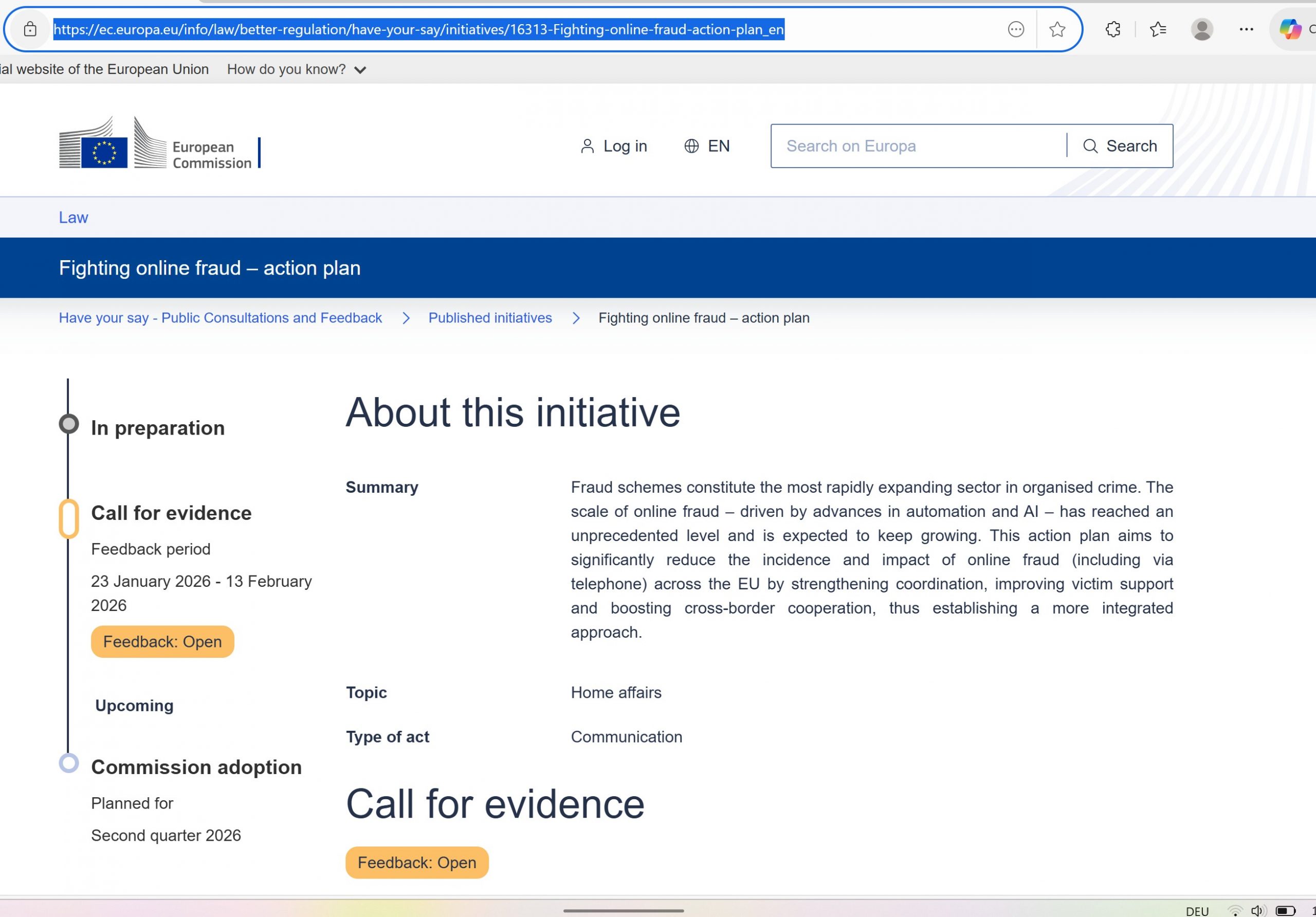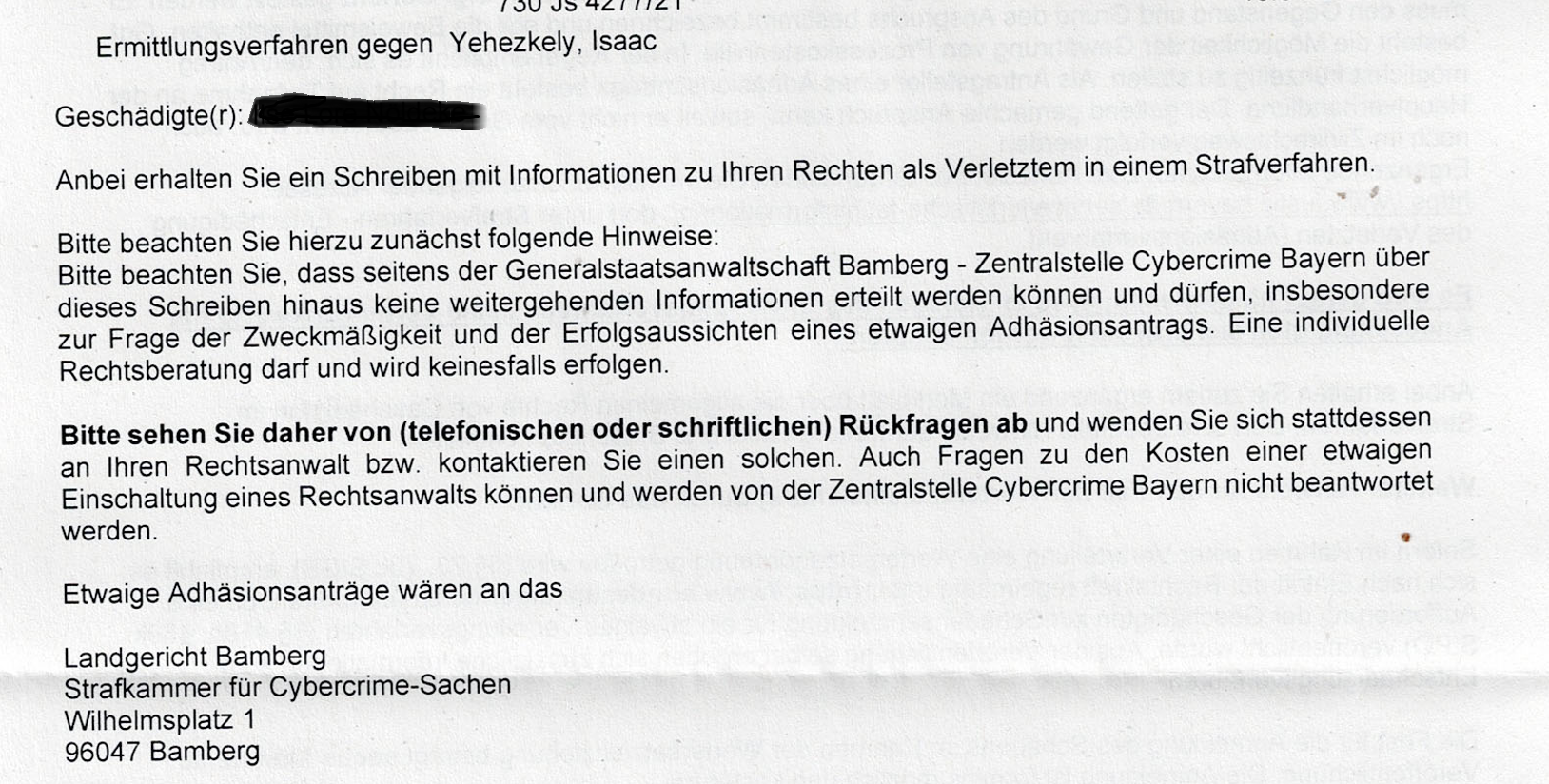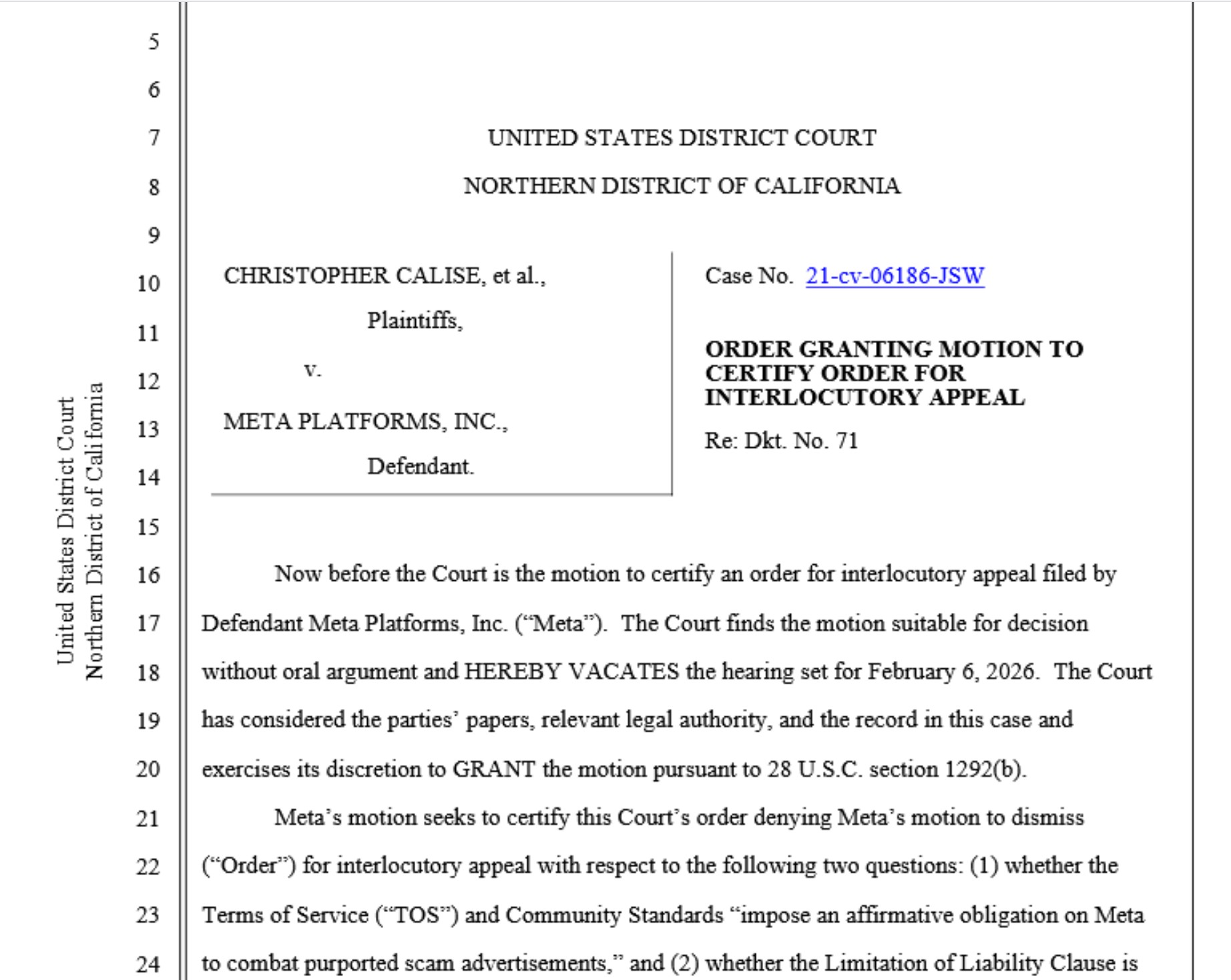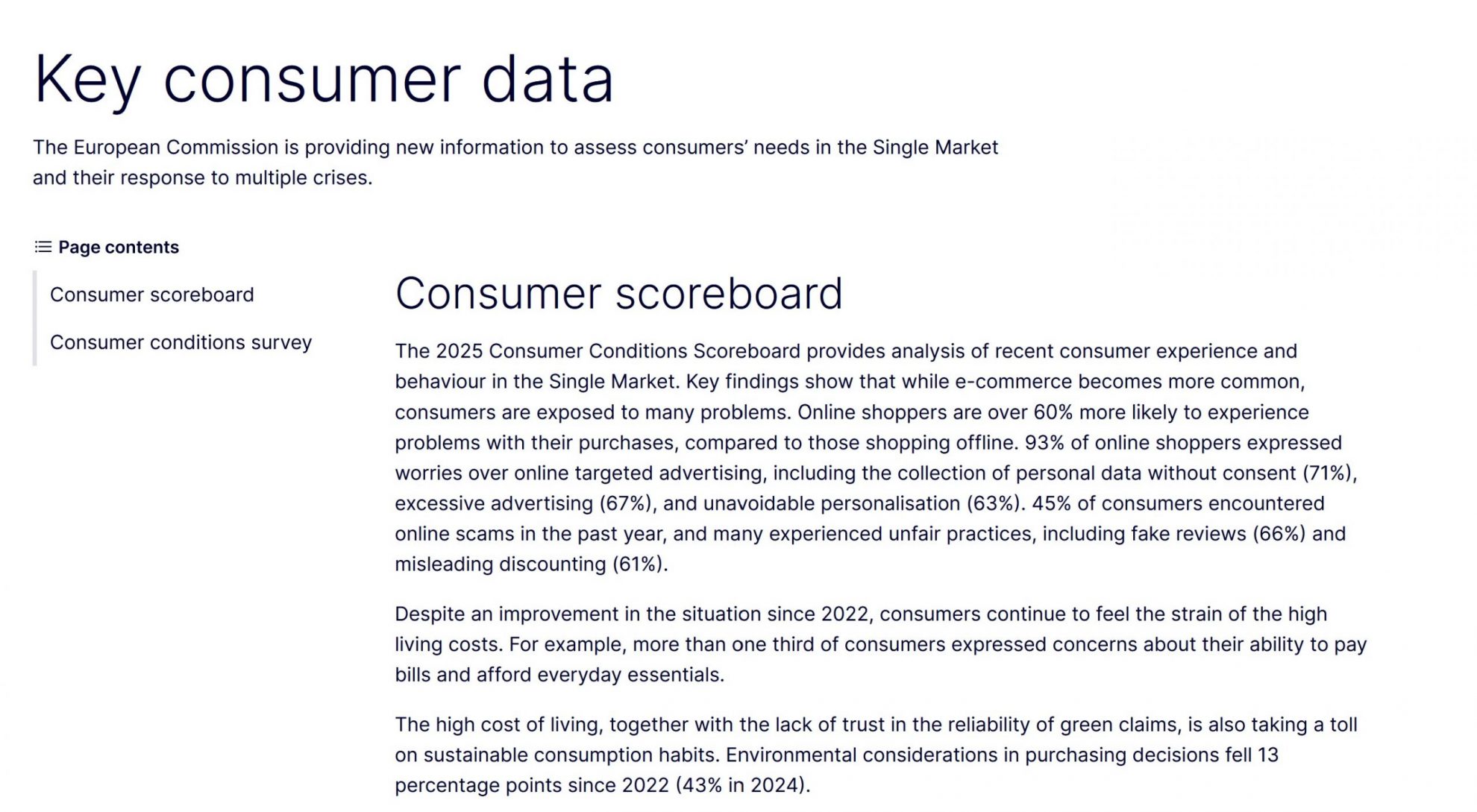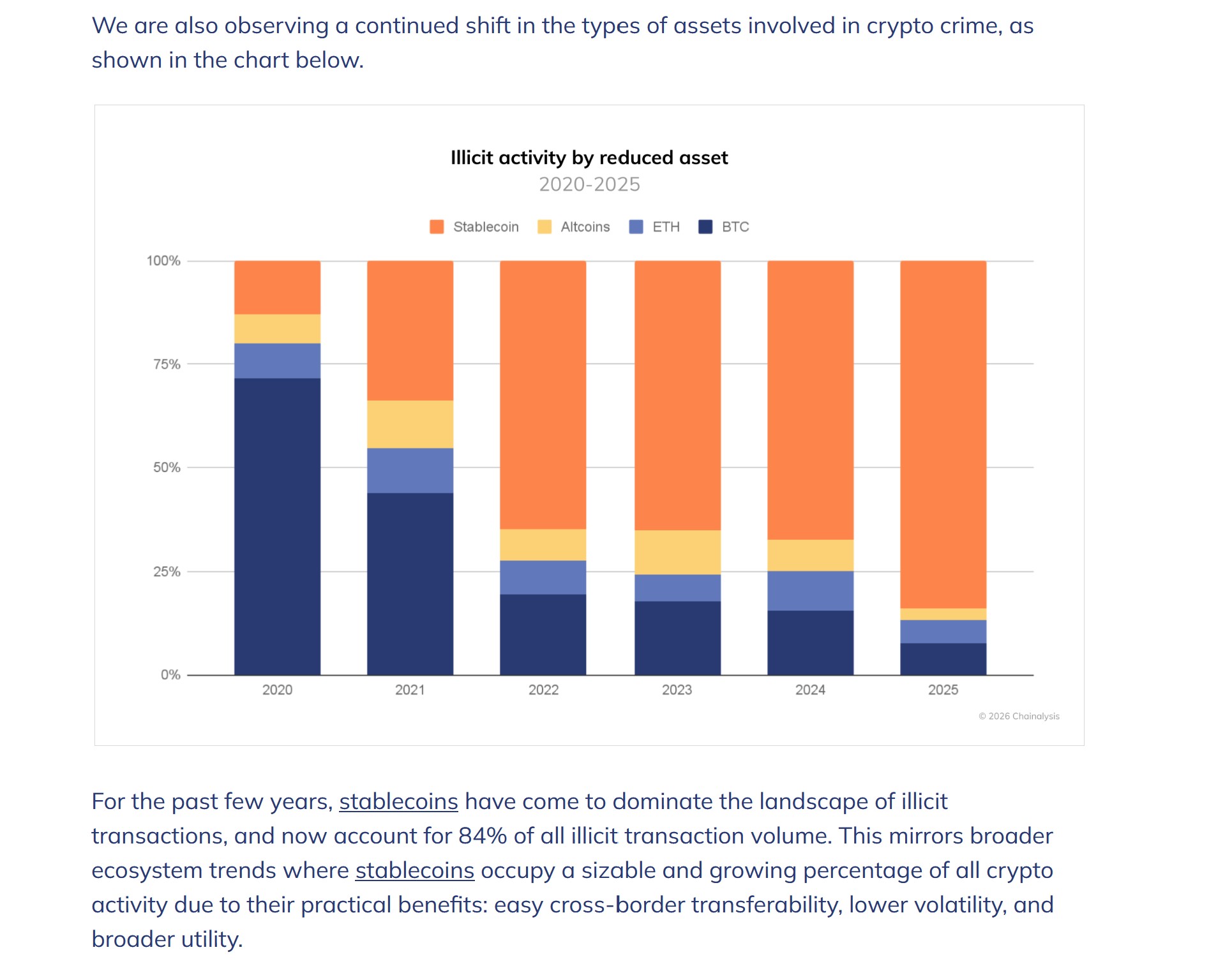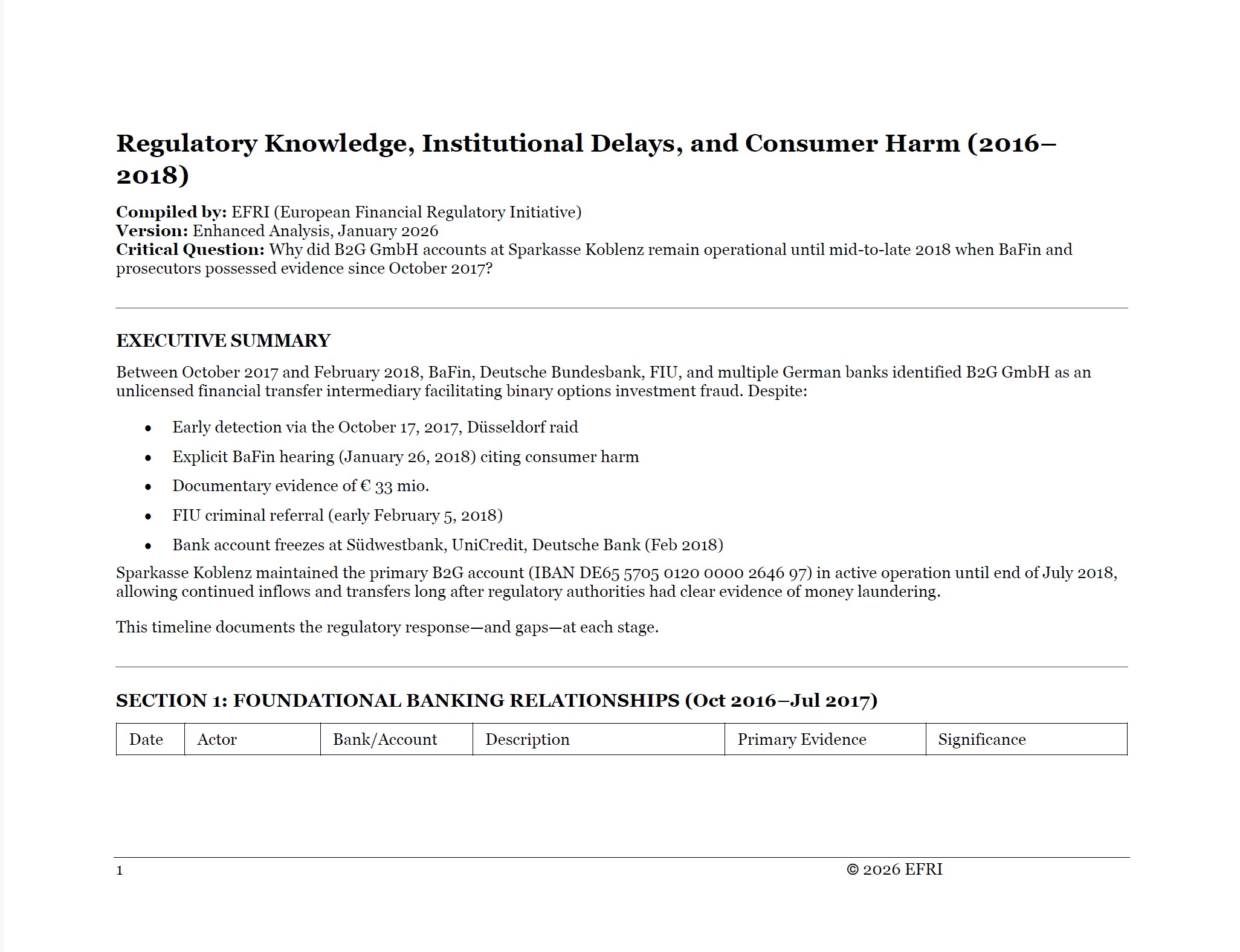EFRI always was convinced that payment companies like Payvision B.V. or Wirecard willingly and knowingly process illegal transactions for cybercriminals are to be held accountable. The European supervisory authorities massively fail to do this job. So victims have to go legally against the fraud-enabling payment processors. EFRI supports victims that filed already claims for victims against Payvision B.V. here in Austria for its cooperation with the Wolf of Sofia (Gal BARAK) and Uwe Lenhoff. Meanwhile, we learned that a few days ago (as of July 29, 2022), a federal judge in California has issued a remarkable decision in a prominent U.S. case that could result in considerable effects also for our case.
The Pornhub Claim
About 100 Victims of Pornhub´s illegal activities are going legally against the beneficial owners of Pornhub (Mindgeek and others) and Visa for together monetizing videos of child rapes (Case 2:21-cv-04920-CJC-ADS). In specific, the lawsuit alleges that Visa via its bank agents (acquirers like Payvision and Wirecard) recognized MindGeek as an authorised merchant and processed payments to its websites via numerous sham shell companies. The victims claim that Visa provided the payment system to monetize Pornhub’s business activities. As Visa via their acquirers (supervised payment institutions like Wirecard or Payvision B.V.) processed payments for these sites, it profited from MindGeek’s alleged sex trafficking enterprise.
VISA´s motion to dismiss
As of May 23, 2022, Visa moved to dismiss the case.
The arguments brought forward by Visa can be summarized as follows:
- If Visa’s liability would be accepted, this would upend the financial and payment industries.
- It would require payment networks to bear liability for the day-to-day conduct of individuals with whom they have no relationship and over whom they have absolutely no visibility or control.
- Future plaintiffs could apply plaintiff’s reasoning to injuries caused by guns, prescription drugs, tobacco, soda, furs, and myriad other products. All on the theory that
a Visa card was used somewhere along the way and that VISA should have somehow stopped conduct by unrelated actors. - Visa has no ability whatsoever to investigate the
facts and circumstances of each of the billions of individual transactions it processes each day. - Credit cards serve as the primary engine of electronic commerce. So payment networks play an important role in the development of the internet. They could not play this role if they faced liability for criminal misconduct by completely unrelated individuals who somewhere along the way happened to benefit indirectly from a credit card transaction.
Furthermore, Visa argues:
- Visa has no contractual relationship with MindGeek—any other MindGeek Defendant (beneficial owners of Pornhub) resp. with the victims or cardholders.
- Visa facilitates billions of electronic transactions annually between financial institutions like banks.
- Visa only enters into agreements with financial institutions—or for simplicity, banks—and establishes procedures for processing Visa-branded and non-Visa branded payment cards.
- Termination of payment processing would not have prevented nor brought an end to the victims´ alleged injuries.
- Visa engages directly with the Acquirer and Issuer banks. The Acquirers, in turn, contract with merchants. Visa imposes rules governing the types of merchants that Acquirers may contract with. But acquirers initiate and maintain relationships with all merchants. Only acquirers monitor merchant activity and ensure that merchants comply with Visa’s standards; among other things, Visa’s standards prohibit Acquirers from accepting payment from a merchant for any transaction that the Acquirer knows or should have known involves illegal activities or products.
- Visa has no authority to control or edit the content on MindGeek’s websites and has no role in disseminating any content relating to the victims.
- Visa argues that the facts in the Pornhub claim are not sufficient to establish that the VISA knew or should have known about the trafficking of the victims in particular.
- An alleged “general awareness” that MindGeek might have prohibited material on its websites is insufficient to establish knowledge.
The ruling of the judge
On July 29, Judge Cormac J. Carney (U.S. District Court, C.D. Cal.) held that the complaint in the MindGeek matter plausibly alleged that Visa participated in a criminal conspiracy with MindGeek to monetize child sexual abuse material. The court found it credibly alleged that “Visa knew that MindGeek’s websites were teeming with monetized child porn,” that a “criminal agreement to financially benefit from child porn” could be inferred from Visa’s decision to continue recognizing MindGeek as a merchant despite that knowledge, and that “the court can comfortably infer that Visa intended to help MindGeek monetize child porn” by “knowingly provid[ing] the tool used to complete the crime.”
The court emphasized that “Visa lent to MindGeek a much-needed tool—its payment network—with the alleged knowledge that there was a wealth of monetized child porn on MindGeek’s websites,” and that when MindGeek chose to monetize such content and Visa continued to allow use of its network despite that knowledge, it was “entirely foreseeable” that victims would suffer the alleged harms.
The court also rejected Visa’s attempt to recast itself as a mere passive processor: “Here is Visa, standing at and controlling the valve, insisting that it cannot be blamed for the water spillage.” Judge Carney denied Visa’s motion and permitted discovery to proceed—a significant win for the plaintiffs
Why do the victims assume that VISA participated in the venture?
As in Europe, in the United States entities conducting routine business can still incur liability as part of a criminal enterprise if plaintiffs show that the entity:
knowingly participated in the venture,
derived a benefit from that participation, and
knew or should have known that the conduct harmed victims.
TVPRA-accurate (civil sex-trafficking claims, 18 U.S.C. § 1595)
Under the TVPRA, plaintiffs must show that Visa:
knowingly benefited—by receiving anything of value—
from participation in a venture, and
knew or should have known that the venture engaged in sex trafficking causing the harm.
So the key to a successful claim of the Pornhub victims is to have evidence that VISA was aware – or must have been aware by massive hints – of the illegal activities of Pornhub.
Evidence for VISA knowingly processing illegal transactions
Industry-wide risk awareness. It is common knowledge in the card-payments industry that online pornography carries elevated risks of trafficking and related abuses—one reason the sector is classified as “high-risk” by credit-card schemes and acquiring banks.
Scheme and acquirer knowledge. The claim alleges that Visa and its member banks (including Payvision) were aware—through due-diligence and compliance functions—of concrete instances and clear red flags relating to trafficking and CSAM (child sexual abuse material).
Public, high-profile warnings. Numerous widely reported incidents of obvious, indisputable trafficking on Pornhub are catalogued (see Section 3 ¶246 of the claim), placing the networks and acquirers on notice.
Post-indictment processing. The claim asserts that Visa and merchant-banking partners (e.g., Wirecard and Payvision) continued processing for MindGeek partner channels even after GirlsDoPorn—one of Pornhub’s popular partner channels—was indicted and later convicted for human-trafficking offenses.
Direct advocacy reports. Multiple anti-trafficking organizations provided detailed reports to Visa/Mastercard describing MindGeek’s role and the networks’ exposure.
April 2020 briefing to Visa. According to the filing, anti-trafficking advocates briefed Elizabeth Scofield (Visa’s Director of Global Brand Protection) on a conference call about MindGeek’s enabling and profiting from rape and trafficking. At Ms. Scofield’s request, a lengthy written presentation was delivered on April 30, 2020, outlining how Visa’s partnership with MindGeek allegedly facilitated exploitation. The claim states Visa did not substantively respond and chose to continue the relationship.
Market exits by others. The pleading notes that various competitors and counterparties terminated relationships with MindGeek, further underscoring notice and risk salience.
Conclusions of the Pornhub claim’s lawyer:
When VISA is found to have willingly and willfully via their agents (merchant banks) participated in the illicit activities of Pornhub, this will open up a floodgate of claims.
Mr. Michael J. Bowe a partner in charge of the Pornhub claim at Brown Rudnick is convinced “The Court’s holding that our detailed complaint adequately pleads Visa was engaged in a criminal conspiracy to monetize child porn means Visa and other credit card companies are finally going to face the civil and perhaps criminal consequences of this unconscionable and illegal activity.”
Our Take on the Pornhub claim
Hundreds of thousands of European victims of cyber-trading schemes have transferred—and in some cases continue to transfer—their life savings via the Visa and Mastercard payment systems. We submit that the principles invoked in the Pornhub litigation are also relevant to binary-options schemes. To the extent that Visa, Mastercard, and/or their acquiring banks and agents (including Payvision) knowingly or recklessly facilitated such merchant activity, they may be liable for the resulting losses, including under theories of participation in a criminal organization and/or breach of duty of care, with restitution to victims.
The claims we have filed against Payvision in Austria advance arguments comparable to those asserted by Pornhub plaintiffs against Visa.
As Visa itself sets out, acquirers initiate and maintain the merchant relationship. In this context, Payvision acted as acquirer and enabled binary-options operators—such as the “Wolf of Sofia” and other TOCs—to accept credit and debit card payments.


